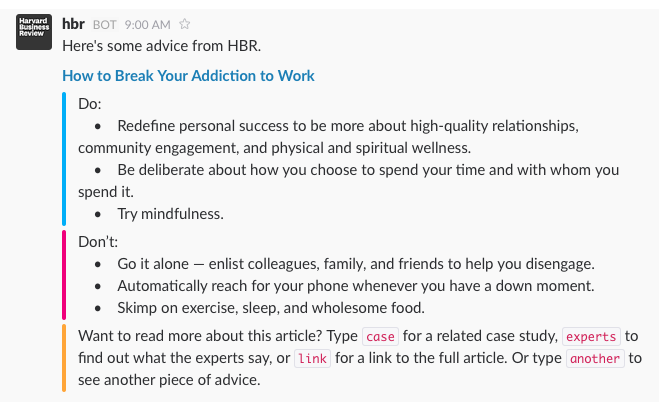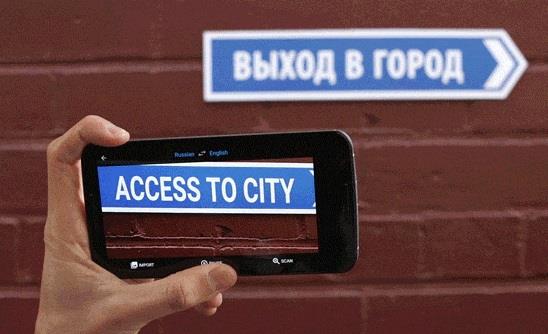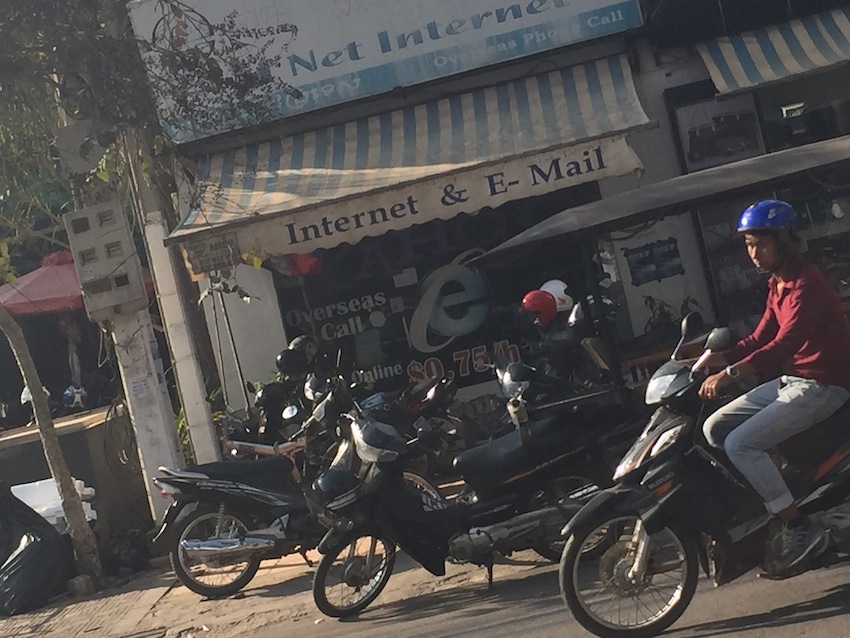- The Harvard Business Review launched a Slack bot to deliver insights from more than 200 best-practice articles, neatly chunked into do’s and don’ts (an editorial feat I don’t envy.) The bot will send you daily articles, and serves up related case and article links.
- What are the ethics around creating ever more addictive new digital experiences? The Atlantic explores the role of moral integrity in software design. And if you’re wrestling with digital attention, don’t miss Terry Gross interviewing Tim Wu on the myth of free content, and the clickbait rabbit hole we’re all tumbling down.
- Google’s flight-searching tool is my go-to for delays and gates — I’ve had airlines notify me of a flight delay an hour into a wait on the tarmac. Google has now beefed up its travel tracking with flight price notifications, handy if you’re late for booking tickets for the holidays this year.
- Facebook is moving beyond the comment to actual transactions. Now you can order food and buy tickets directly from Facebook Pages, with the social features rolled in from the standalone Events app providing a FOMO nudge. Per Techcrunch, “this is about stealing a little bit of the traffic currently flowing to Google, Yelp, Fandango, local news, and mobile food ordering apps.” And now you can gather your friends’ recommendations more easily.
- If you just shelled out the cash for a new iPhone 7, you’ll want to avoid this rave review of Google Pixel. (NYC folks: there’s a Google popup store to check it out in Soho.)
Weekend fun: The frequent flyers among you will recall that, until very recently, the TSA would strip search you over 4.5 oz of shampoo while allowing a flammable Galaxy Note 7 to pass on through. This Halloween costume reflects a Samsung’s brand manager’s current painful reality, but the company proved less tolerant of a videogame modification. Related: the origin of the dumpster fire meme that’s burned up the web in 2016.
Every Friday, find five, highly subjective pointers to compelling technologies, emerging trends, and interesting ideas that affect how we live and work digitally. Sign up for a weekly email.









 Back from a needed break in Seville — where the rains finally stopped to provide a hint of Spanish spring.
Back from a needed break in Seville — where the rains finally stopped to provide a hint of Spanish spring.